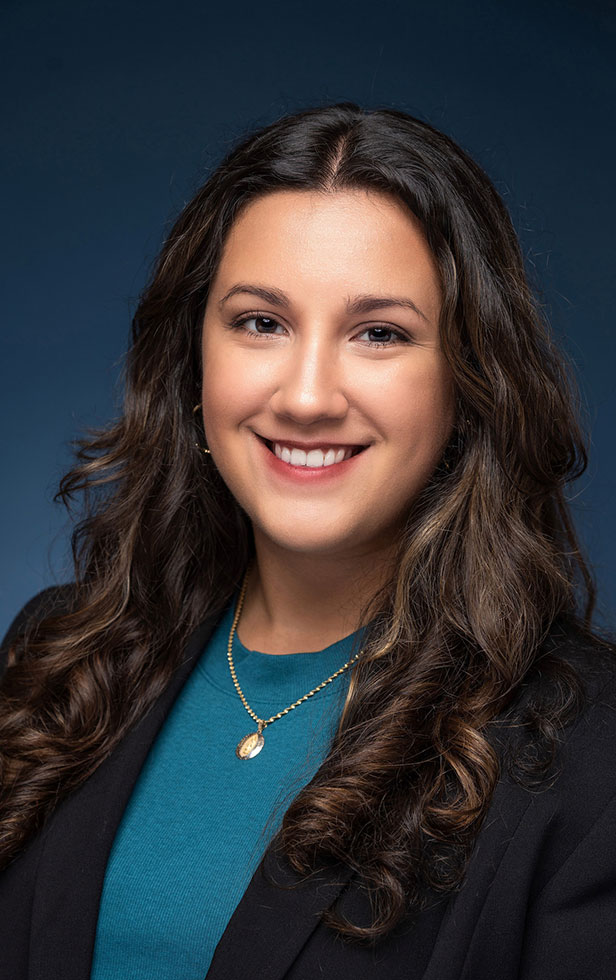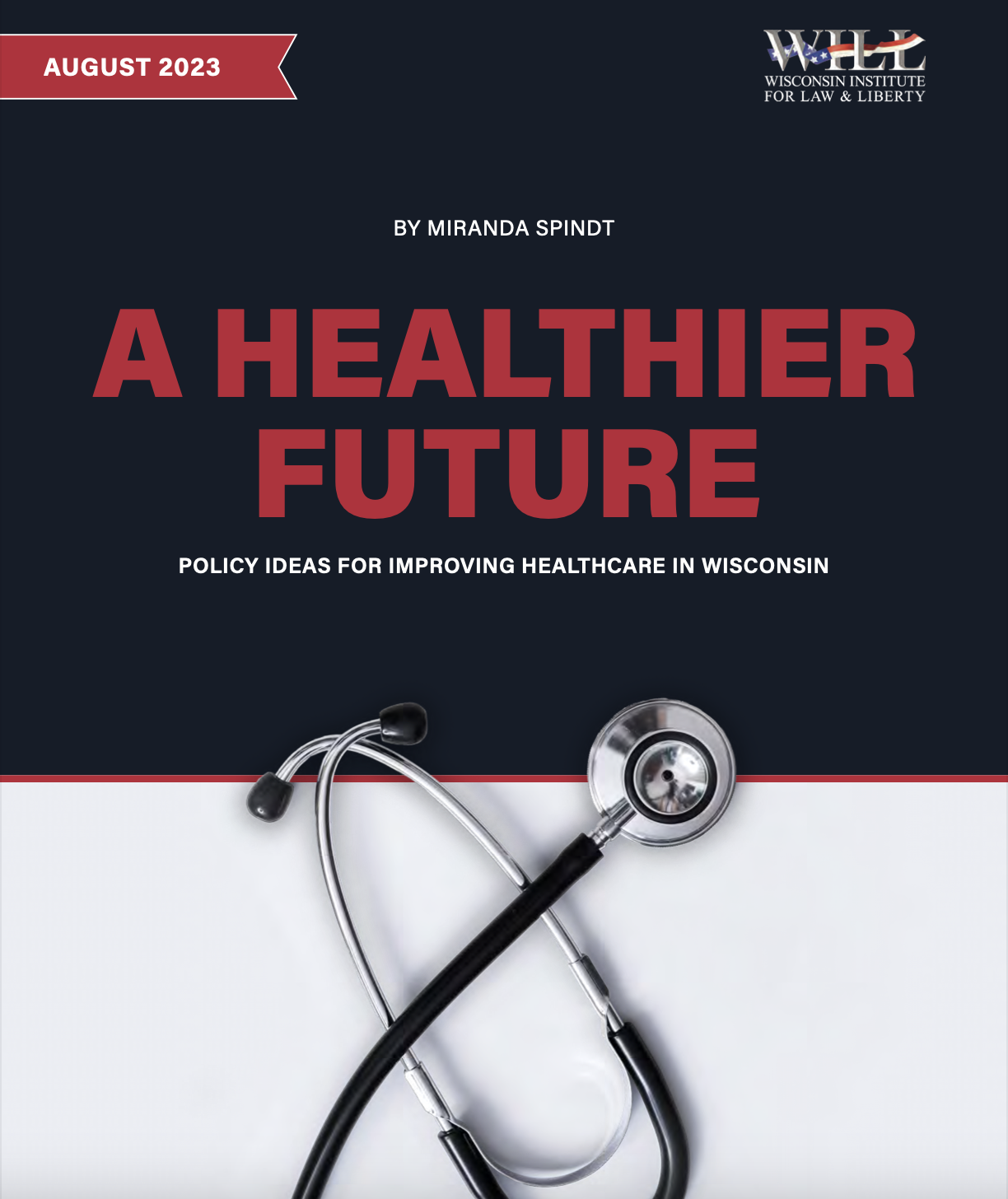This post originally appeared at https://will-law.org/will-releases-new-healthcare-agenda-to-policymakers/
New report underscores 15 issues in healthcare while highlighting free-market based solutions
The News: The Wisconsin Institute for Law & Liberty (WILL) published its Healthcare Agenda, A Healthier Future: Policy Ideas for Improving Healthcare in Wisconsin. The report focuses on policies to overcome 15 issues people face in our state’s current healthcare system, centering on three main categories: Freedom to Practice, Rising Healthcare Costs, and Lack of Access.
Since there is not a free market in healthcare, our agenda proposes multiple policy ideas that can be implemented to address these concerns.
The Quote: WILL Policy Associate, Miranda Spindt, stated, “Promoting market-based solutions will increase healthcare access and quality across Wisconsin. It’s imperative that we take legislative action, and our report provides lawmakers with the roadmap to do so. Ultimately, these market-based solutions will result in better healthcare for all Wisconsinites.”
Why It Matters: More than ever, many people—across the county and in the state of Wisconsin—are feeling the effects of staffing shortages, longer waiting times, and rising prices in healthcare. While these concerns were exacerbated by the COVID-19 pandemic, healthcare spending continues to grow each year and is consistently a top concern among U.S. adults.
Key Issues: While there are several problems in Wisconsin’s healthcare system, there are the three buckets the concerns fall into.
- Freedom to Practice: Before and after the pandemic, healthcare workers have been burnt out as providers are short-staffed and overworked. With 29% of our hospitals facing critical staff shortages, this results in high turnover and lower productivity.
- Rising Healthcare Costs: Wisconsin has the 4th-highest healthcare costs across the country. This is partially because the cost of health insurance has increased significantly since the passage of the Affordable Care Act, as premiums rose by 129% between 2013 and 2019.
- Lack of Access: While Wisconsin has one of the lowest uninsured rates in the country, having insurance does not mean the people have access to healthcare. Additionally, with the shortage of healthcare workers comes less access: as care may not be the highest quality or may cost more.
Market-Based Solutions: Policymakers should consider legislation that would address the aforementioned issues in healthcare. These include:
- Allowing universal licensure recognition, loosening restrictions, or expanding scope of practice will help increase the supply of medical workers to meet the demand.
- Healthcare’s rising costs can be addressed by granting the right of pharmacies to sell prescription drugs below costs and by implementing price transparency—empowering patients to shop for services, compare prices, and decide where to receive treatment or service.
- Reforming telehealth to allow all providers access to communicate by any virtual means, accept patients from out-of-state, and give care wherever patients live will rapidly expand Healthcare access. Wisconsin can also expand its Right to Try legislation, to increase access to potentially life-saving measures. Adding to the number of allowable beds in nursing homes will release the burden on hospitals as well.
For more solutions and details, check out our report.
Dig Deeper:
For more info on Healthcare Price Transparency, go to will-law.org/pricetransparency/.

Miranda Spindt
Policy Associate
Miranda@will-law.org
A Healthier Future: Policy Ideas for Improving Healthcare in Wisconsin
Miranda Spindt
August 2023
A Healthier Future: Policy Ideas for Improving Healthcare in Wisconsin is a policy report by WILL Policy Associate, Miranda Spindt. The report focuses on policies to overcome 15 issues people face in our state’s current healthcare system, centering on three main categories: Freedom to Practice, Rising Healthcare Costs, and Lack of Access.
The post WILL Releases New Healthcare Agenda to Policymakers appeared first on Wisconsin Institute for Law & Liberty.
